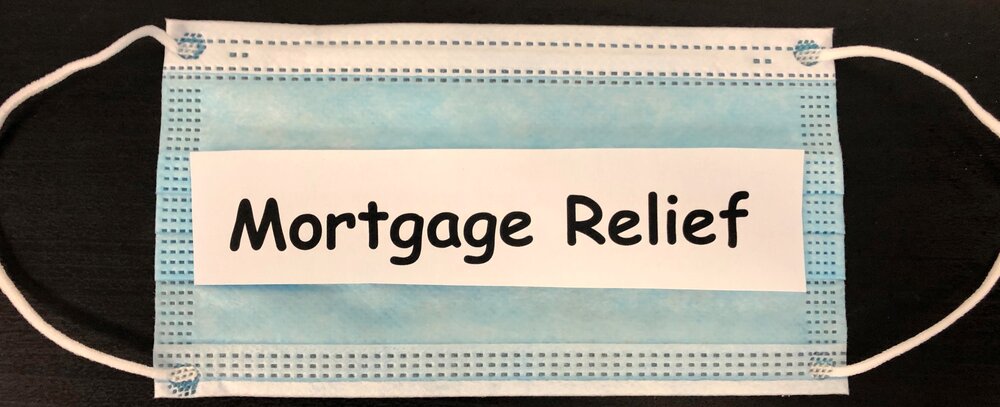The COVID pandemic has caused a substantial financial impact on many families. As a result, many people chose to enter into a forbearance agreement with their lenders pursuant to the CARES Act that was passed on March 27, 2020. One of the many benefits of the CARES Act was to allow borrowers who have suffered hardship from the COVID pandemic to enter into a forbearance agreement with their lender. The agreement would allow borrowers to suspend mortgage payments for 6 months (can be extended for another 6 months). As we get closer to that 12-month deadline, many are left to wonder what happens next?
Your mortgage company may talk to you about different options when the forbearance ends. That includes, but is not limited to, paying the arrears back immediately, entering into a short-term repayment plan, loan modification, or lumpsum payment at the end of the loan. Some options are more certain than others, depending on whether you have a federally backed loan and specifically what type of federally back loan. Some other conventional mortgages are much less certain.

Borrowers may find that conventional lenders will explain what options they could have, but will not disclose what options they will qualify for. For example, a loss mitigation specialist may explain that you could qualify for a loan modification or a lumpsum payment at the end of the loan, but will not tell you what the terms of the loan modification will look like or if your payment history will qualify you for a lumpsum payment.
One option to address your mortgage arrears that is more concrete and absolutely known is a chapter 13 bankruptcy. A chapter 13 bankruptcy allows someone to include all mortgage arrearage (whether you were in a forbearance agreement or not) in a chapter 13 bankruptcy plan to be paid over a course of 3 to 5 years. A chapter 13 bankruptcy has the further benefit of eliminating all credit card debt, personal loans, tax debt and medical debt.
For example, one person may be $20,000 behind on their mortgage and carrying $50,000.00 in credit card debt and medical debt. It is possible that this person could pay the $20,000 over the course of 60 months and eliminate their $50,000.00 of credit card for pennies on the dollar (majority of cases are very close to 0%). That means that you could pay as low as $371.00/month for 60 months to be debt free. As long as you continue to pay your mortgage for 60 months and make your $371/month chapter 13 plan payment, your financial problems will be gone.
Chapter 13 bankruptcies can be complicated and there are many factories to determine qualification and what your chapter 13 plan payment may look like. If you are interested in examining a chapter 13 bankruptcy after your forbearance, please call our office to set up a free consultation. We offer in-person consultations or we could set up a Zoom conference if you are more comfortable.
